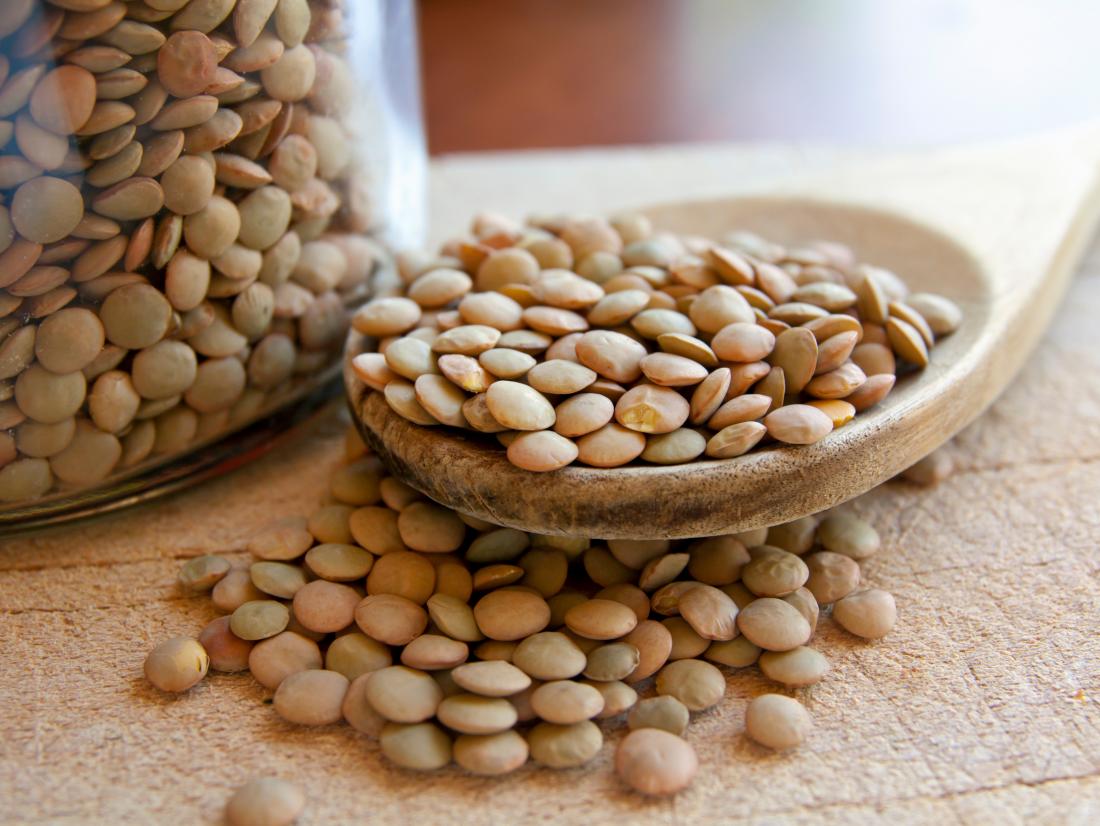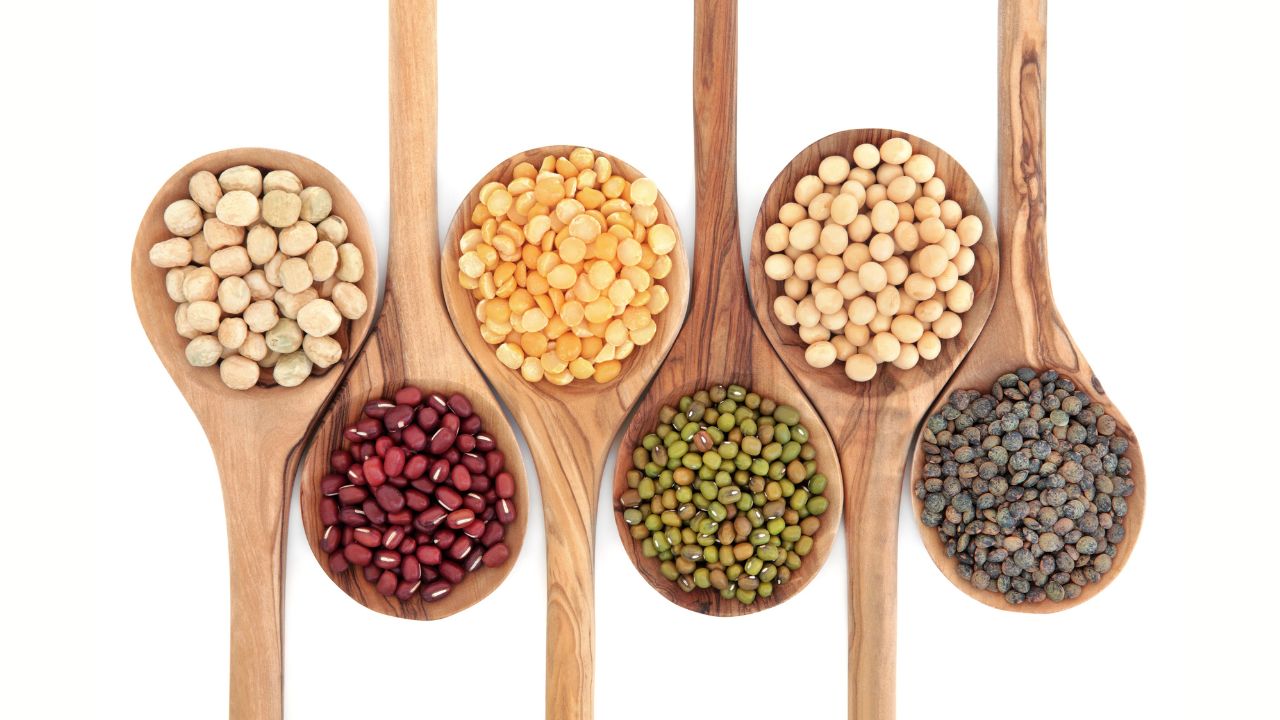Canada-India Lentil Trade Remains Stable Amid Diplomatic Tensions 2023

Canada-India Lentil Trade Remains Stable Amid Diplomatic Tensions 2023
In the intricate web of international trade, geopolitics can often play a significant role. However, even amidst escalating diplomatic tensions, certain trade relationships can display resilience and stability. One such relationship is the import of lentils from Canada to India.
Even with a prevailing diplomatic row between the two nations, the lentil trade has remained largely undeterred. Let’s delve into why this is the case.

According to a senior government source, India’s imports of lentils from its main supplier, Canada, remain stable, allaying worries that a diplomatic spat between the two countries is harming commerce.
According to certain dealers, the administration has not requested that traders stop importing the good from Canada, according to Consumer Affairs Secretary Rohit Kumar Singh.
Between January 1 and October 17, India’s imports of lentils more than quadrupled to 1.09 million tonnes, according to Singh. According to him, there were 601,000 tonnes of goods coming in from Australia, 463,000 tonnes from Canada, and 18,000 tonnes from Russia.
Canada and India have been engaged in significant bilateral trade for several years. Canada, a major exporter of pulses globally, has found a steady and massive market in India for its lentils, especially the green and red varieties. India, on the other hand, with its vast population and a diet heavily reliant on pulses, has often turned to Canada to meet domestic demand, especially during years of insufficient production.
Ahead of votes in five important states next month and the national election in early 2024, when Prime Minister Narendra Modi will run for a third term in office, India has been working to contain the country’s food costs. In addition to clamping down on the stockpiling and sale of agricultural goods from state reserves, it has limited the export of wheat, rice, and sugar.

According to Singh, the administration anticipates that domestic pulse prices will remain steady over the next six months due to the expectation of robust pigeon pea crops. If necessary, it could also sell the good from state reserves to increase supply in the neighbourhood market.
While the exact nature of the diplomatic row can change based on current events, it is not uncommon for countries to have political disagreements. This could range from disputes over tariffs, disagreements over international policy, or other geopolitical issues. However, as has been evident from the recent steady trade flow, not all disagreements translate into economic repercussions.
India’s consumption pattern ensures a perennial demand for lentils. Domestic production, even at its peak, cannot consistently satisfy the country’s massive requirements. With Canada being a leading producer of high-quality lentils, it’s a natural fit for India’s needs.

Both nations engage in a multi-dimensional trade relationship that spans more than just lentils. This vast network of economic ties, ranging from the tech sector to natural resources, often works as a buffer against isolated diplomatic strains.
Many Indian importers have long-term contracts with Canadian suppliers. These contracts often contain clauses that ensure a continuous supply, regardless of temporary geopolitical upheavals.
Both India and Canada are aware that they have alternatives, albeit less optimal ones. If Canada loses India as a market, it would need to redirect its produce, potentially at less favorable terms. Conversely, India sourcing from alternative markets might result in higher costs or lower quality. This mutual understanding offers a kind of stability.
The robust Indian diaspora in Canada strengthens ties between the two nations at a people-to-people level, making it difficult for isolated diplomatic incidents to entirely rupture the bond.
:max_bytes(150000):strip_icc()/what-to-do-with-lentils-FT-BLOG0420-4085e7e5a4c54906a07dee01ad220576.jpg)
Often, diplomatic rows are confined to specific issues and do not bleed into every facet of bilateral relationships.
It’s evident that while diplomatic tensions can cause ripples in international relationships, the fundamental dynamics of supply and demand often ensure continuity in crucial trade links.

The case of India’s lentil imports from Canada, remaining consistent despite diplomatic challenges, stands as a testament to this theory. The situation underlines the intricate balance between geopolitics and economic realities in the globalized world.




